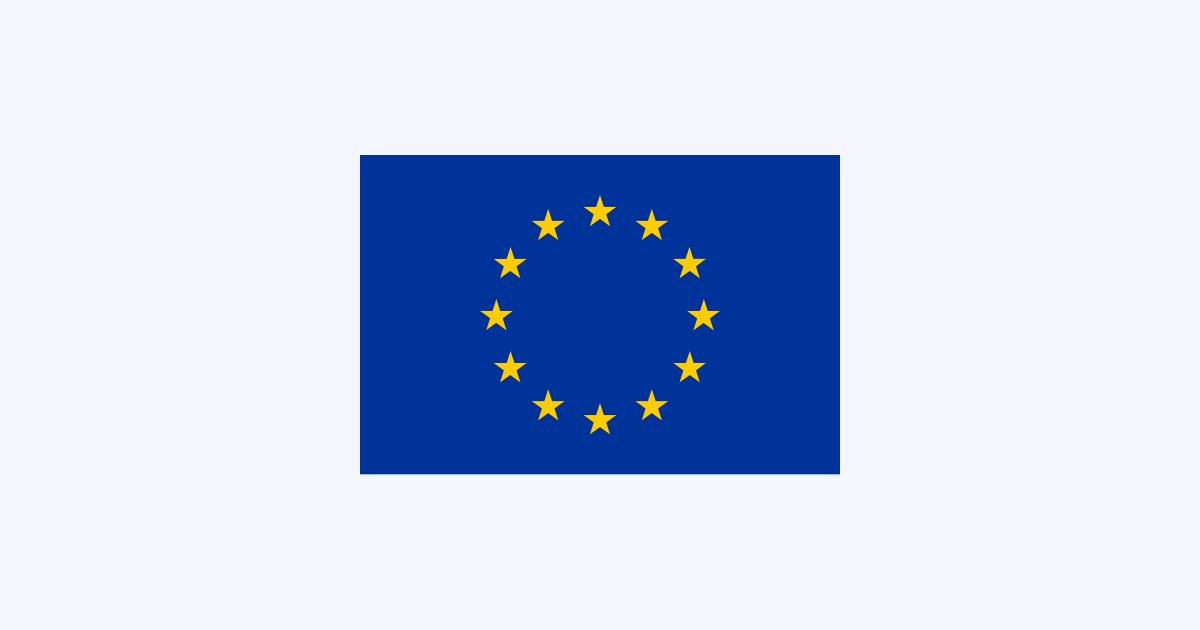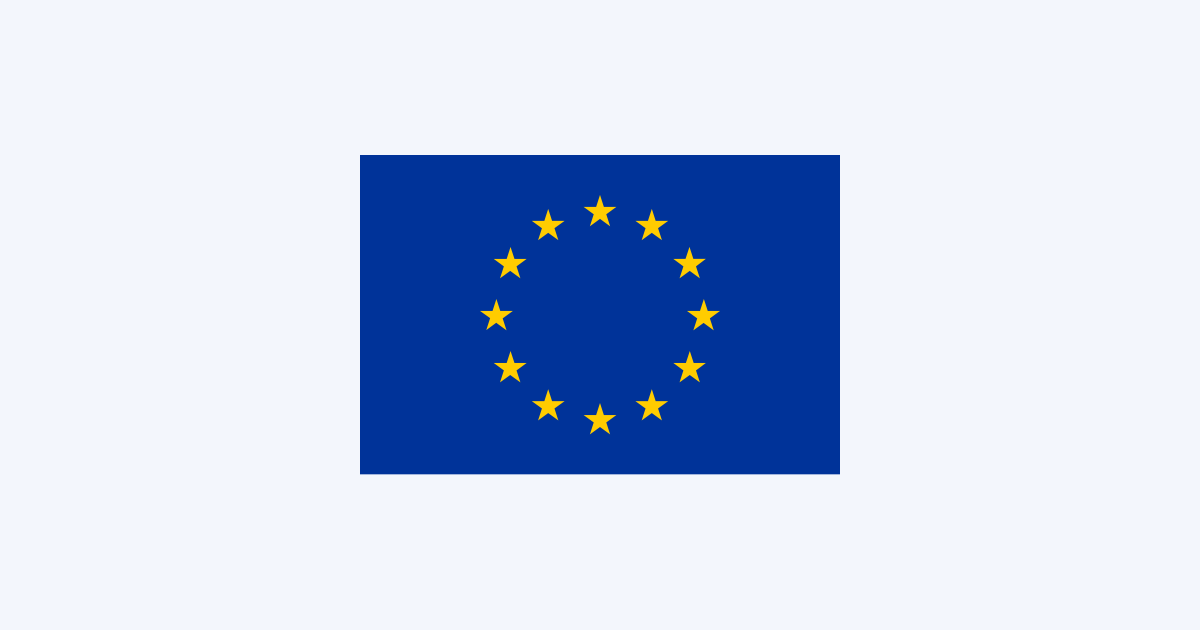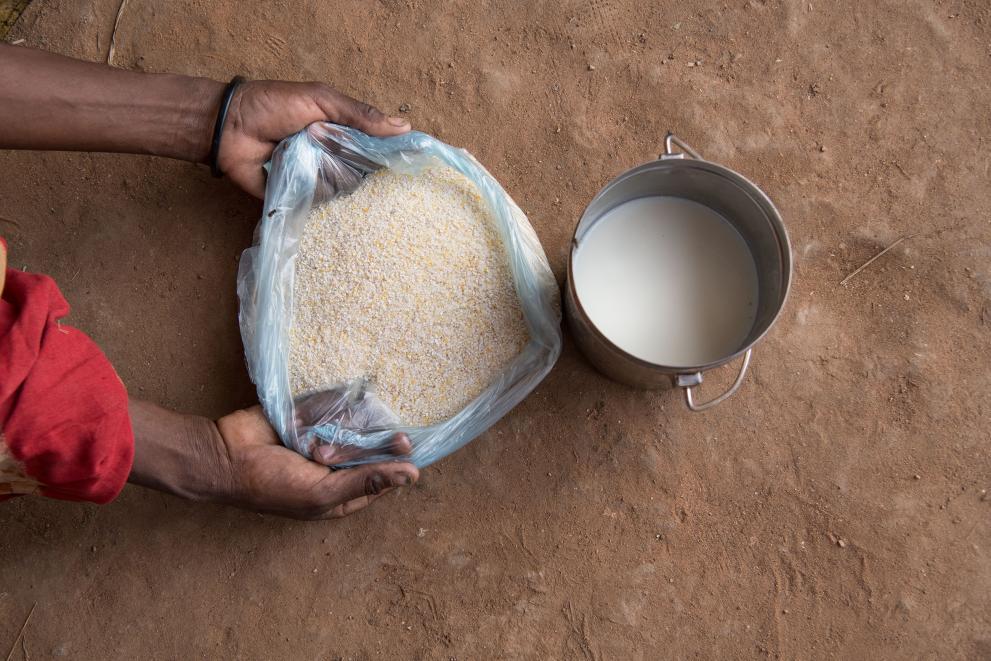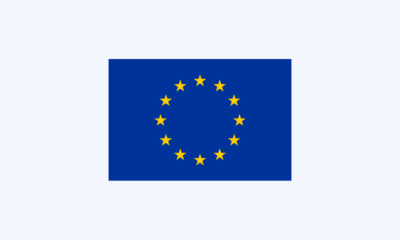Politics
EU supports the EU wine sector to cope with market uncertainties

Today, the European Commission is proposing a range of measures to ensure Europe’s wine sector remains competitive, resilient, and a vital economic force in the decades to come.
The sector is facing several challenges like shifting consumer trends, climate change and market uncertainties.
The Commission’s proposal introduces targeted measures to help the sector manage production potential, adapt to evolving consumer preferences, and unlock new market opportunities. These measures will also help maintain the vitality of many rural areas which depend on jobs in the wine industry and preserve the EU wine sector’s social relevance.
Key changes to the wine policy framework
- Surplus prevention: Member States will be empowered to take action, such as grubbing-up (removing unwanted or excess vines) and green harvesting (removing unripe grapes before harvest), to prevent surplus production, help stabilise the market and protect producers from financial strain.
- Planting flexibility: Producers will be allowed additional flexibility on the replanting authorisations scheme. This will help them taking their investment decision in the current changing context. Member States will also be allowed to better calibrate the planting authorisations to their national and regional needs.
- Climate support: The sector will receive stronger support to become more resilient to climate change. Member States can increase the maximum Union financial assistance up to 80% of the eligible investment costs for investments aimed at climate change mitigation and adaptation.
- Clear marketing rules: Marketing of innovative products will be easier, with clearer rules and common product denominations for lower alcohol wine products across the single market.
- Harmonised labelling: Operators will benefit from a more harmonised approach to wine labelling, reducing costs and simplifying trade across EU borders while providing consumers with easy access to information.
- Boosted wine tourism: Producer groups managing wine protected under geographical indications will receive assistance to develop wine-related tourism, helping to boost economic development in rural areas.
- Extended promotion: The duration of EU-funded promotional campaigns for market consolidation in third countries will be extended from 3 to 5 years to ensure better promotion of European wines.
Background
The EU wine sector is a cornerstone of Europe’s cultural and economic fabric. Representing 60% of global wine production and 60% of the world’s exported wine value, the sector plays a vital role in rural economies and is closely linked to European traditions, gastronomy, and tourism. While the EU wine policy has been highly successful in protecting the qualities and promoting EU wines, ongoing demographic shifts, changing consumption patterns, climate challenges and market uncertainties are straining the sector.
To address these challenges, the High-Level Group on Wine Policy (HLG) was established to discuss the sector’s needs and propose solutions together with the sector and Member States. At the European Parliament’s Committee on Agriculture and Rural Development meeting on 11 February 2025, Commissioner Christophe Hansen announced the upcoming proposal on wine, designed to translate the HLG’s recommendations into concrete legislative action. Today’s proposal marks the fulfilment of that commitment.
Once adopted, the new framework will allow for swift action, ensuring more opportunities for producers, while securing the future of a competitive wine sector across the Union.
Politics
Belarus: EU lists further 25 individuals and 7 entities in the context of the so-called presidential election and for supporting the repressive regime of Lukashenka


© FRVS+MPCP 2022. The European Times® News is registered as an EU Trademark. All rights reserved. The European Times® and the logo of The European Times® are EU trademarks registered by FRVS+MPCP.
Members/Partners of

About Us
Popular Category
DISCLAIMER OPINIONS: The opinions of the authors or reproduced in the articles are the ones of those stating them and it is their own responsibility. Should you find any incorrections you can always contact the newsdesk to seek a correction or right of replay.
DISCLAIMER TRANSLATIONS: All articles in this site are published in English. The translated versions are done through an automated process known as neural translations. If in doubt, always refer to the original article. Thank you for understanding.
DISCLAIMER PHOTOS: We mostly used photos images that are readily available online, from free sources, or from the people promoting the news. If by any chance it happens that we have used one of your copyrighted photos, please do not hesitate to contact us and we will take it down without question. We do not make profits as this is a not for profit project to give voice to the voiceless while giving them a platform to be informed also of general news, and it is completely free.
Editor Picks
Politics
EU-Central Asia: 20th Ministerial meeting held in Ashgabat

DISCLAIMER OPINIONS: The opinions of the authors or reproduced in the articles are the ones of those stating them and it is their own responsibility. Should you find any incorrections you can always contact the newsdesk to seek a correction or right of replay.
DISCLAIMER TRANSLATIONS: All articles in this site are published in English. The translated versions are done through an automated process known as neural translations. If in doubt, always refer to the original article. Thank you for understanding.
DISCLAIMER PHOTOS: We mostly used photos images that are readily available online, from free sources, or from the people promoting the news. If by any chance it happens that we have used one of your copyrighted photos, please do not hesitate to contact us and we will take it down without question. We do not make profits as this is a not for profit project to give voice to the voiceless while giving them a platform to be informed also of general news, and it is completely free.
Politics
EU pledges €3.4 billion to combat global malnutrition

Today, at the Nutrition for Growth (N4G) Summit in Paris, the European Commission announced a new pledge of €3.4 billion until 2027 to combat malnutrition globally. This commitment builds on the EU’s ongoing efforts to reduce all forms of malnutrition and drive progress in nutrition-related interventions worldwide.
The EU’s investment will focus on supporting partner countries facing high levels of child malnutrition, particularly in Sub-Saharan Africa. It will target children under five and young pregnant and lactating mothers suffering from severe acute malnutrition. The support will be tailored to address the specific needs of each country, with a strong emphasis on the most vulnerable populations in least developed and fragile settings.
The EU’s engagement will also continue at global and regional levels, where the EU is successfully promoting initiatives to strengthen nutrition governance and international collaboration on research and development.
Today’s pledge follows the EU’s previous commitment of €2.5 billion for 2021-2023, announced at the N4G Summit in Tokyo. The EU even exceeded its initial pledge by nearly €1.9 billion, ultimately contributing a total of €4.4 billion for 2021-2023.
To maximise its impact, the EU invests through its Global Gateway strategy in essential infrastructure, improving access to public services, supporting local agri-food value chains, and promoting sustainable economic growth.
Commissioner for Preparedness, Crisis Management and Equality, Hadja Lahbib, said: “Since the first Nutrition for Growth Summit in 2013, the EU has turned bold pledges into bold action, leading the fight against malnutrition. Today’s pledge is a renewed testament to our unwavering commitment to ensure better nutrition for mothers and children, stronger food systems, and better health and social protection where they are needed most. The European Union will continue to lead by example, leaving no one behind. We will work with partners to move closer to a world where every child wakes up nourished, grows strong, and dreams without limits.”
Background
The European Union supports global, regional, and country-level initiatives that strengthen nutrition governance, foster international collaboration on data, and advance nutrition research and technology development. Additionally, the EU provides humanitarian assistance to address severe acute malnutrition, delivering life-saving treatment to hundreds of thousands of vulnerable children in remote, fragile or country-affected areas.
By integrating nutrition into its programming, the EU reinforces the link between humanitarian and development actions, recognising that multi-sectoral approaches are essential to tackle the root causes of malnutrition.
Results on the ground are promising: EU investments have significantly improved maternal and child nutrition, with partner countries on track to reduce the number of stunted children under five by at least 7 million by 2025.
The Nutrition for Growth (N4G) summits have been instrumental in accelerating progress towards a malnutrition-free world. Since 2013, host countries, including the United Kingdom, Brazil, Japan and now France, have leveraged these global events to mobilise commitments and coordinate efforts with governments, donors, civil society, and the private sector, yielding impactful results and improved global nutrition outcomes.
Further information
2025 Nutrition for Growth Summit
Many Pieces, One Goal – A Team Europe Compendium of External Nutrition Action
EU Action plan on nutrition – 8th progress report
Nutrition – humanitarian aid
Council Conclusions on stepping up Team Europe’s support to global food security and nutrition
-

 EU & the World6 days ago
EU & the World6 days agoGeorge Foreman’s Wife: About Mary Joan Martelly & His Ex-Wives
-

 Politics4 days ago
Politics4 days agoCouncil and Parliament strike provisional agreement on new rules for driving licences
-

 EU & the World4 days ago
EU & the World4 days agoVanessa Trump & Donald Trump Jr.’s Kids: Meet Their Children
-

 EU & the World6 days ago
EU & the World6 days ago‘Wicked Part 2’: Title, Release Date, Cast & More Details
-

 EU & the World7 days ago
EU & the World7 days agoToll Road Scam Texts: About the ‘Unpaid’ Messages & How to Spot Them
-

 EU & the World6 days ago
EU & the World6 days ago‘The Hunger Games: Sunrise on the Reaping’: Release Date, Cast & More on Haymitch’s Prequel
-

 EU & the World5 days ago
EU & the World5 days agoVanessa Trump: 5 Facts About Donald Trump Jr.’s Ex-Wife
-

 EU & the World7 days ago
EU & the World7 days agoFreeda Foreman: 5 Things to Know About George Foreman’s Daughter Who Died At 42








